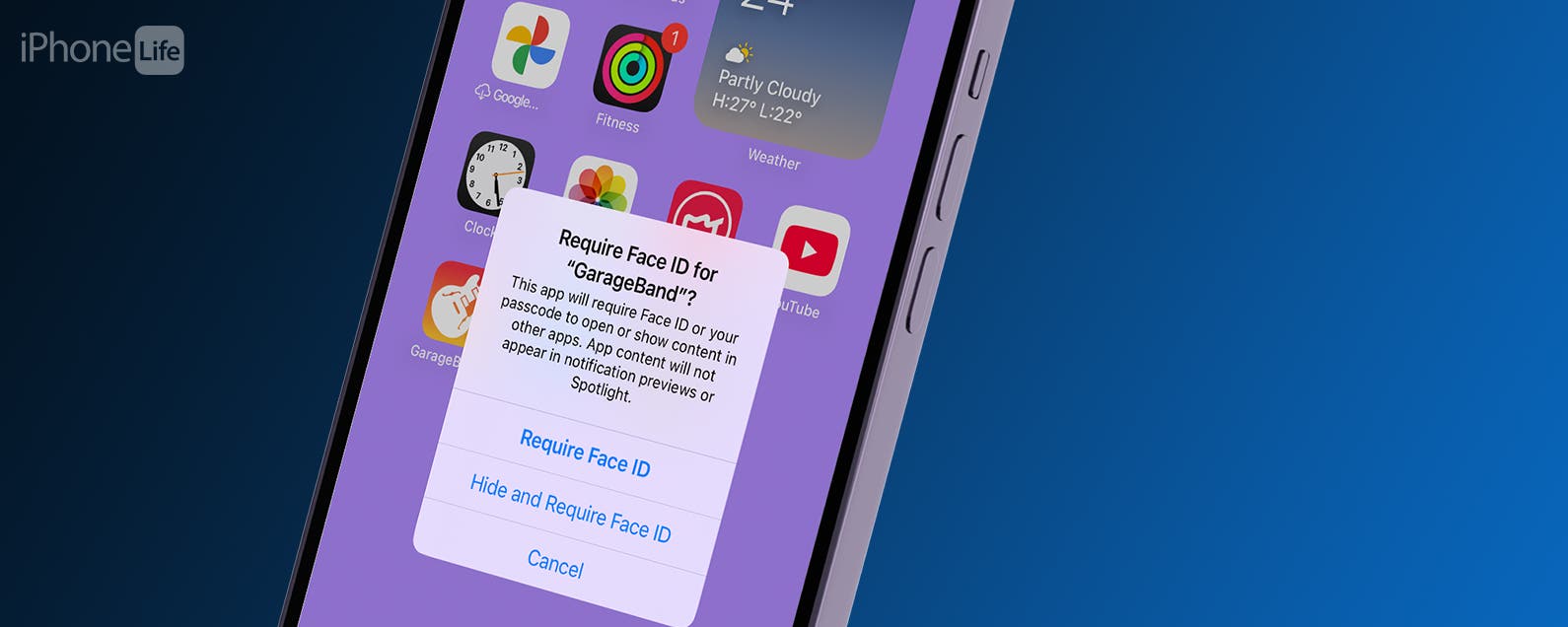How long could you last drinking only a small glass of water a day or eating only one piece of bread a day? Probably very little since the signs of dehydration and malnutrition would alert us immediately.
However, we tend to cut back very easily on another equally vital function for human beings: sleeping. It is so important that we dedicate (or should) a third of our entire lives to it.
Lack of sleep affects the rest of what you do
Not getting enough sleep a day not only has negative effects on your mood for the rest of the day, it also has adverse cognitive effects. A study carried out by the Central Queensland University (Australia) revealed that driving while sleeping less than five hours is equivalent to driving drunk.
Russell Foster, director of the Institute of Sleep and Circadian Neuroscience at the University of Oxford, has investigated how circadian cycles in daily rest and, consequently, on our cognitive health and its effects on concentration and productivity.
In a recent intervention on the podcast ‘Brave New World‘from the British The Standardthe sleep and rest expert commented: “Until recently, people were very proud of how little they slept.” The neuroscientist assured that this was a trend that was consolidated in the 80s, when boasting about staying up all night was seen as an achievement.
However, the scientist warns that this lack of sleep affects our cognitive abilities: “You cannot think clearly, you cannot make sensible decisions, and your ability to pick up social cues is impaired.” Far from being an indicator of productivity, constant insomnia makes us less competent and less empathetic.
Along the same lines, Melinda Gates French, ex-wife of Bill Gates and former director of Microsoft, assured Vanity Fair that for many years, not getting enough sleep was seen as a virtue. She knew it firsthand, since her husband Bill Gates was one of those who believed that rest was overrated, until he discovered the relationship between lack of sleep and the development of neurodegenerative diseases such as dementia or Alzheimer’s
In an episode of his podcast Unconfused me, Bill Gates confessed that, after his father’s Alzheimer’s diagnosis, Gates began to read and study about mental health and the importance of sleep to keep the brain healthy. Now he claims to try to sleep at least seven hours a day.

Sleep well for healthy aging
In addition to its immediate effects that manifest themselves the next morning, lack of sleep has more serious long-term consequences. Foster has highlighted on several occasions the link between lack of rest and the risk of developing neurological diseases, such as dementia.
“Lack of sleep in middle-aged people has been linked to high rates of dementia in later years,” Foster noted during his speech. “During sleep, amyloid beta protein, associated with high levels of dementia and Alzheimer’s, is cleared from the brain,” Foster explained. “If we don’t get enough sleep, the brain can’t eliminate it.”
According to the neuroscientist, even a single night without sleep is enough to reveal high levels of this protein in the brain. However, the presence of amyloid beta protein does not necessarily imply that it will develop dementia. “What the studies strongly suggest is that if you are vulnerable to those pathways that cause dementia, this is a significant risk factor,” Foster says.
The cultural heritage of disregarding rest
Foster pointed out that disdain for sleep has cultural and historical roots. With the Industrial Revolution, sleep became an idle luxury that the working classes could not afford. Waking up early was exalted and dignified and sacrificing hours of sleep as work virtues, while rest was relegated to the background.
According to Foster, “by definition, sleep was something unworthy and therefore despicable. And it’s fascinating that we are now freeing ourselves from those shackles, but we still have this idea of the uselessness of sleep,” a view that still persists in certain people. contexts.
However, just like Bill Gates did at the time, there is a change in mentality towards sleep and rest. As awareness grows about the negative effects of lack of sleep, rest is beginning to be considered a critical part of a healthy, productive life.
For Foster, one of the greatest obstacles to good rest It is not the physiological inability to sleep caused by the high levels of anxiety that characterize modern life.
Stress alters the relaxation cycles necessary to fall asleep, creating a kind of vicious circle in which the fear of not sleeping well makes rest even more difficult. In this context, Foster suggests that the solution lies not in medications, which can be useful in specific situations, but in addressing the underlying causes of anxiety.
In WorldOfSoftware | Revenge sleep procrastination: If you don’t schedule rest time during the day, your brain will take revenge at night
Imagen | Unsplash (Kate Stone Matheson)


/cdn.vox-cdn.com/uploads/chorus_asset/file/24511277/STK417_H_Herrera_Money_03.jpg)







